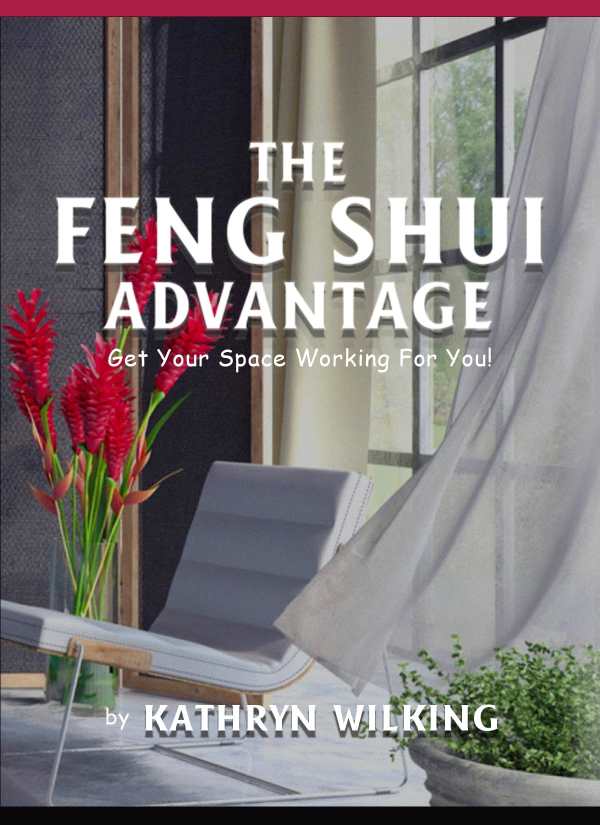
The Feng Shui Advantage
Get Your Space Working for YOU!
The Feng Shui Advantage is a thorough overview of the philosophies behind the practice of shifting the arrangements and energy of a home or office.
Kathryn Wilking’s practical self-help guide The Feng Shui Advantage addresses office layouts and proper energy flow—among other esoteric applications of feng shui.
The book focuses on the feng shui philosophy of the Black Hat Sect or Black Tantric Buddhism, which emphasizes the five element theory of Chinese medicine. Herein, the elements—wind, fire, earth, metal, and water—represent ways of characterizing objects, people, and energy. Such feng shui, the book implies, can be used to alter the energy flow of a space—or to understand human behavior. In service of this, it includes an overview of feng shui as it pertains to work environments, which have the potential for quick energetic shifts.
There are instructions for arranging both offices and cubicles herein. Both are given with the goal of optimizing one’s energy and productivity in a particular space. And the guidance extends to advice for where to sit in a meeting and the best position to work from in a coffee shop, among other scenarios. An intriguing overview of the bagua grid (which divides space into different areas of emphasis—for example, career, fame, and family) and its areas’ connections to the elements, colors, and shapes fleshes out this work, illuminating how such associations might be used to encourage energy flow to a particular region.
The book’s supporting material is multifacted: personal stories from Wilking, her friends, and her clients are used to illustrate the different personalities, showing how feng shui can be used to shift energy and better understand others. And photographs are present to model how different objects might be used to emphasize particular elements, such as displaying items made of clay to support the earth element, which relates to relationships, health, and knowledge. Further, the book ensures its continued usefulness by acknowledging that a person’s dominant tendencies can change over time.
The book does an able job of addressing the elements as a window for understanding one’s personality traits, alongside a quiz for assessing one’s own dominant elements. Related information about how certain personalities can work together or clash expands the book’s perspective. However, the elements are not introduced in a way that seems reflective of how they build upon each other. Indeed, the book makes recommendations regarding changes in one’s physical environment before establishing a thorough understanding of either personal elemental tendencies or how the elements interact at home and in workplaces.
And while some topics, like wealth and abundance, receive thorough treatments (on that subject, Wilking highlights the uses of positive thinking, personal expression, and enhancements of personal space to direct positive energy toward goals), not all subjects are handled with the same depth. Additionally, some of the book’s advice is too dated, as with its rundown of Zoom etiquette and its coverage of working from home with children. Nor is there advice for reckoning with the reality that individual workers don’t always have control over furniture or seating arrangements in their offices.
The insightful, layered lifestyle guide The Feng Shui Advantage covers home and office organization, decoration, and personality assessments in a way that goes beyond appearances, helping people to attract positive energy and opportunities.
Reviewed by
Sarah White
Disclosure: This article is not an endorsement, but a review. The publisher of this book provided free copies of the book and paid a small fee to have their book reviewed by a professional reviewer. Foreword Reviews and Clarion Reviews make no guarantee that the publisher will receive a positive review. Foreword Magazine, Inc. is disclosing this in accordance with the Federal Trade Commission’s 16 CFR, Part 255.
